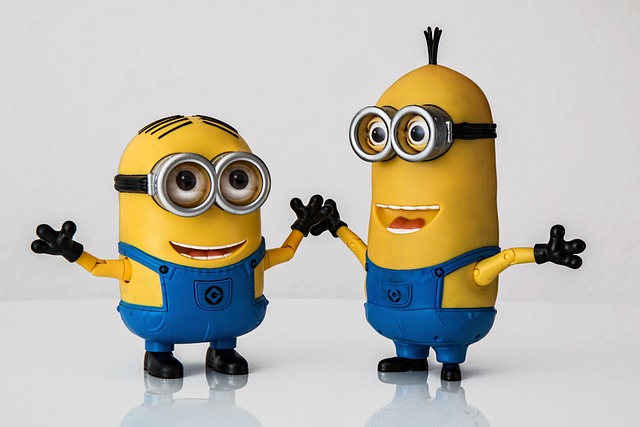
The Rise of the Screenwriter: Shaping Modern Entertainment and Reflecting Culture
The Rise of the Screenwriter: Shaping Modern Entertainment and Reflecting Culture
In an era where the demand for captivating narratives and innovative storytelling is at an all-time high, screenwriters have emerged as indispensable architects of modern entertainment. Gone are the days when they were the unsung heroes working behind the scenes; today, screenwriters are celebrated creators who craft the scripts that bring our favorite stories to life on screens both big and small.
The landscape of cinema and television has evolved dramatically, witnessing an explosion of platforms and formats. This change has opened vast opportunities for screenwriters to explore more diverse and nuanced stories that speak to audiences around the globe. As the driving force behind films, series, and even video games, the screenwriter’s role has become pivotal in shaping the narratives that define our times.
Modern Entertainment: A Thriving Canvas
Modern entertainment is a dynamic canvas where screenwriters wield their creativity to paint stories ranging from epic fantasies to intimate dramas. Thanks to platforms like Netflix, Amazon Prime, and Hulu, the barriers that once confined storytelling within certain genres or formats are fading. Screenwriters now have the liberty to explore unconventional narratives and innovative structures. This freedom allows for cross-genre experimentation, resulting in groundbreaking series like “Stranger Things” and films such as “Get Out” that captivate and challenge audiences.
Moreover, the digital revolution has also empowered independent screenwriters, providing them with sophisticated tools to develop projects on smaller budgets. The rise of streaming services has contributed to a surge in demand for fresh content, creating a golden age for storytellers eager to make their mark. As gatekeepers of storytelling, screenwriters are continually redefining what modern entertainment looks and feels like, ensuring it remains vibrant and inclusive.
Reflecting and Shaping Culture
Screenwriters are not just creators of content; they are powerful influencers who mirror and shape cultural values and debates. By weaving social issues and cultural dialogues into their scripts, screenwriters have the ability to challenge perceptions and inspire change. Cultural phenomena such as “Black Panther” and “The Handmaid’s Tale” serve as stellar examples of screenwriting that pushes the boundaries, prompting conversations about representation, equality, and societal norms.
The screenwriter’s task is to hold a mirror up to society, reflecting its current state while also imagining its potential future. By creating characters and plots that resonate on a human level, screenwriters connect with audiences who see their own stories and struggles mirrored on screen. This connection fosters empathy and understanding, proving that well-crafted narratives are not only entertaining but also crucial to societal growth.
As more voices find their way into the writer’s room, the representation of diverse cultures and backgrounds continues to enrich storytelling. Screenwriters are front and center in ensuring that the narratives shared with the world reflect varied experiences and worldviews, ultimately contributing to a more inclusive entertainment industry.



